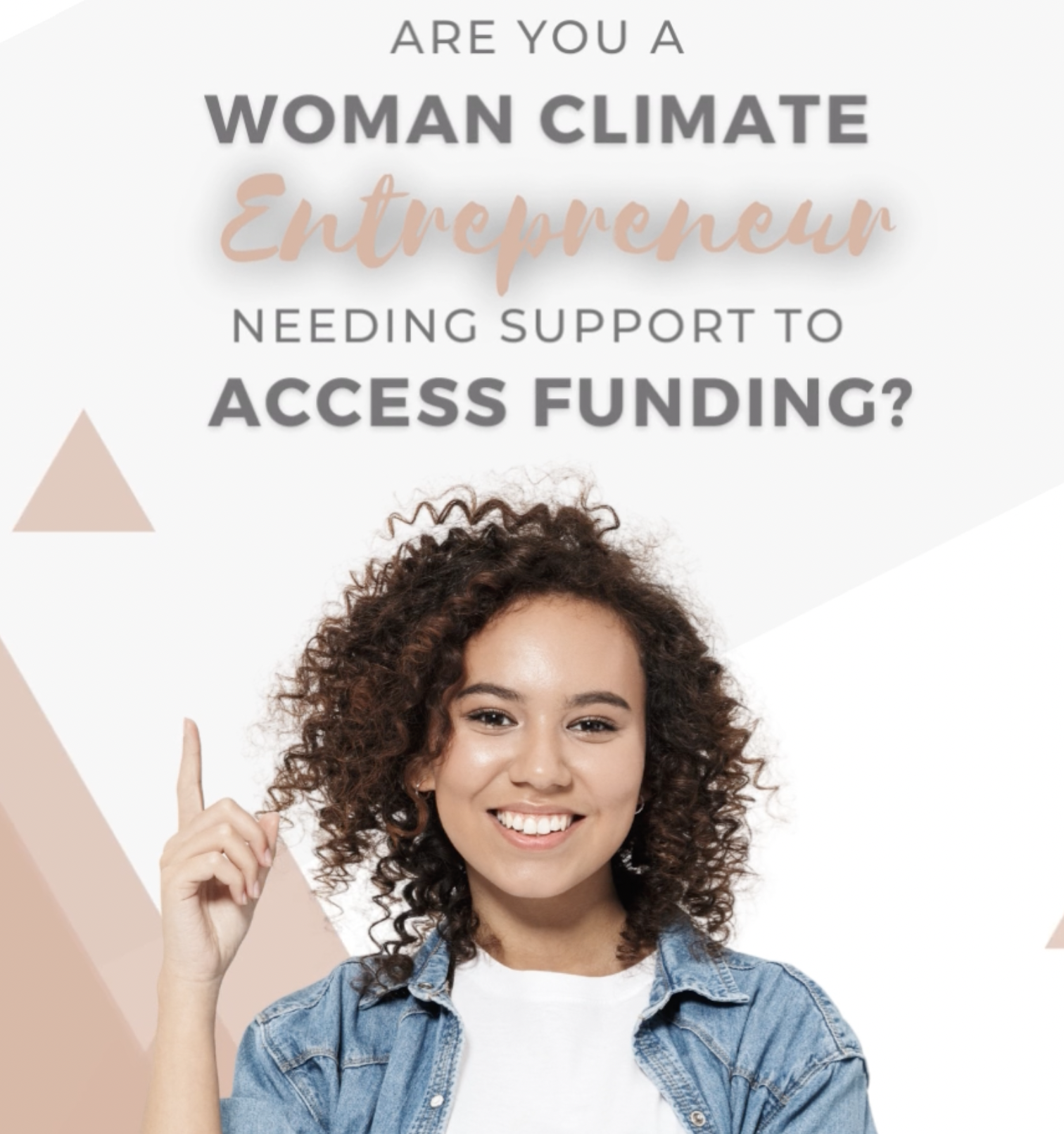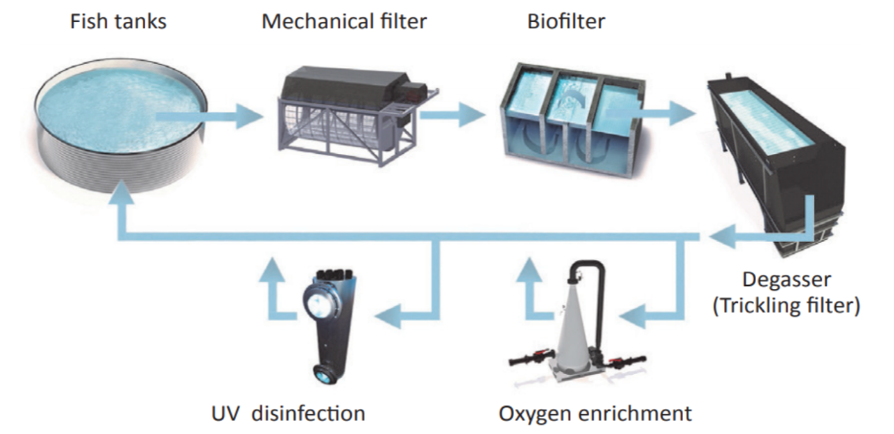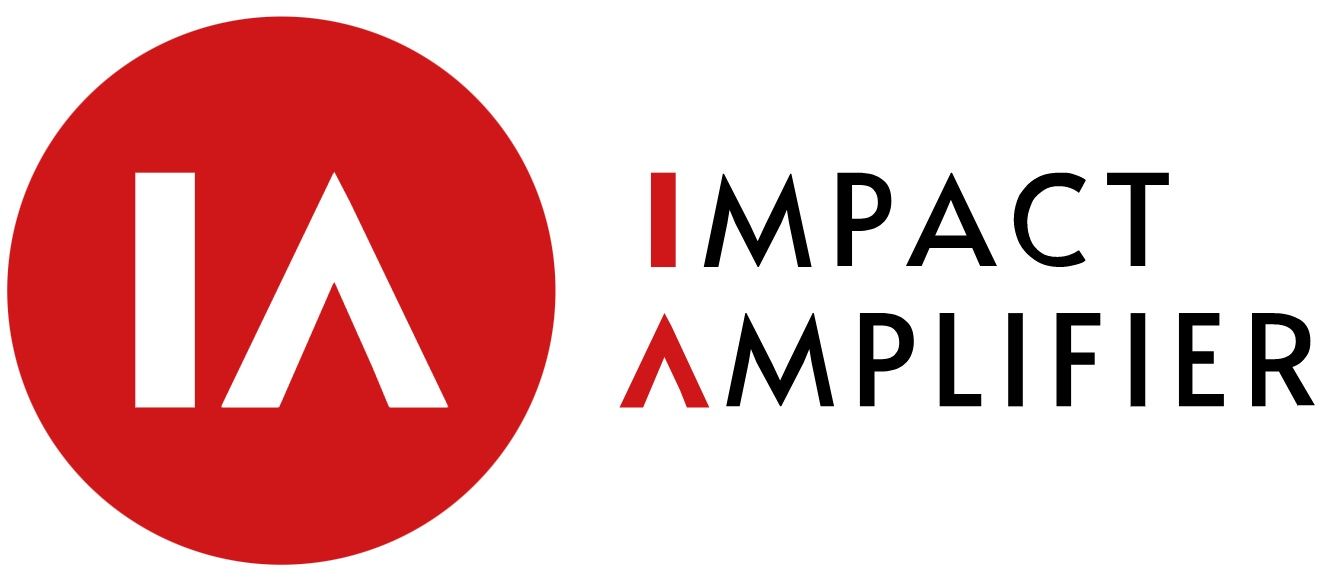Future Finance Programme: Another Successful Impact-OS Implementation

Future Finance, an investment readiness programme launched by Future Females'
venture and investment arm, The Fold, with support from Aspen Network of
Development Entrepreneurs and in collaboration with Impact
Amplifier, is one of the few programmes in Africa that exclusively
explores ways to support women entrepreneurs addressing climate related
challenges to access capital.
The Future Females team chose Impact-OS (by Impact Amplifier), a tech-enabled platform that allows organisations to rapidly design, develop and deploy virtual investment readiness programmes to African entrepreneurs, as their partner of choice to launch the programme.
This, coupled with Future Females mentors and experts from the entrepreneurship ecosystem in Africa, and the Impact-OS management system, provided an enabling environment to increase the potential of women-owned climate change businesses to understand how, where and when to seek the right kind of capital to match their business model and growth stage.
The Future Females team chose Impact-OS (by Impact Amplifier), a tech-enabled platform that allows organisations to rapidly design, develop and deploy virtual investment readiness programmes to African entrepreneurs, as their partner of choice to launch the programme.
This, coupled with Future Females mentors and experts from the entrepreneurship ecosystem in Africa, and the Impact-OS management system, provided an enabling environment to increase the potential of women-owned climate change businesses to understand how, where and when to seek the right kind of capital to match their business model and growth stage.
“This first iteration of the programme has been an amazing journey to discover the many innovative business models tackling climate change in Africa and the myriad of challenges in accessing capital facing the determined women behind them”, says Shirley Gilbey, Director of the project. “We look forward to applying the learnings and growing the initiative to deepen the support we can offer and increase the number of women entrepreneurs”.
The Future Finance programme included 20 businesses from South Africa, Kenya, Namibia, and Nigeria. These entrepreneurs were provided with the Impact-OS’ investment readiness curriculum, and guided by four women mentors who were trained by the Impact Amplifier accelerator team. Those mentors provided the 20 entrepreneurs with group virtual mentorship through the nine investment readiness modules, and consequently, some of the businesses were then chosen to receive 1-on-1 post-acceleration management consulting support.
The Top Businesses
Two of the leading businesses in the programme, with great potential for success, are: Dupe Killa-Kafidipe from Platinum Fisheries, and Bello Rashidat from Waste4Food. The following provides a brief summary of each.
Platinum Fisheries
Platinum Fisheries is a Nigerian based, holistic fish (tilapia and catfish) farming company that promotes ethical and sustainable fish production practices. Platinum Fisheries aims to increase local food security with a sustainable protein source, empower local fish farmers to generate sustainable livelihoods, and tackle climate change. The company’s B2B business model serves off-takers and wholesalers in Lagos and the Southwestern states of Ogun, Oyo, Osun and Ondo in Nigeria. In addition to selling tilapia and catfish, Platinum Fisheries offers fish fingerlings from a hatchery line that are sold to other fish farms and offers training to traditional fish farmers to help transition them to sustainable practices.
Platinum Fisheries is planning to triple its production capacity within one year, implement Recirculatory Aquaculture Systems (RAS) technology, make renewable energy investments to maximise its productivity, and pilot a RAS modular system for emerging farmers. An investment ($549,000 - debt and equity) will allow Platinum to increase its revenue by approximately twentyfold in three years, feed an additional 5,000 customers, and enable 500 new local fish farmers with sustainable incomes, better margins utilising the RAS modular system, and thereby contribute to reducing poverty.

Waste4Food
Established in June 2022, Waste4Food (W4F) is the non-profit extension of Peahen Nigeria, a direct farm to household food business. Peahen allows Nigerian households to directly access farm produce by establishing a network of farmers and delivering their produce directly to the end users. As Peahen is passion about food access and climate change, W4F was established to address these two issues by collecting low-income households’ plastic waste, selling it to waste recycling companies for cash, and giving these households fresh farm produce in return. From June to December 2022, it operated a successful pilot to test this methodology with a limited number of low-income households.
For its next phase of growth, W4F is seeking grant funding ($245 000) to open a series of farm shops where customers from low-income households can get farm produce in exchange for their plastic waste, and to execute recycling service partnerships with large waste generators.

